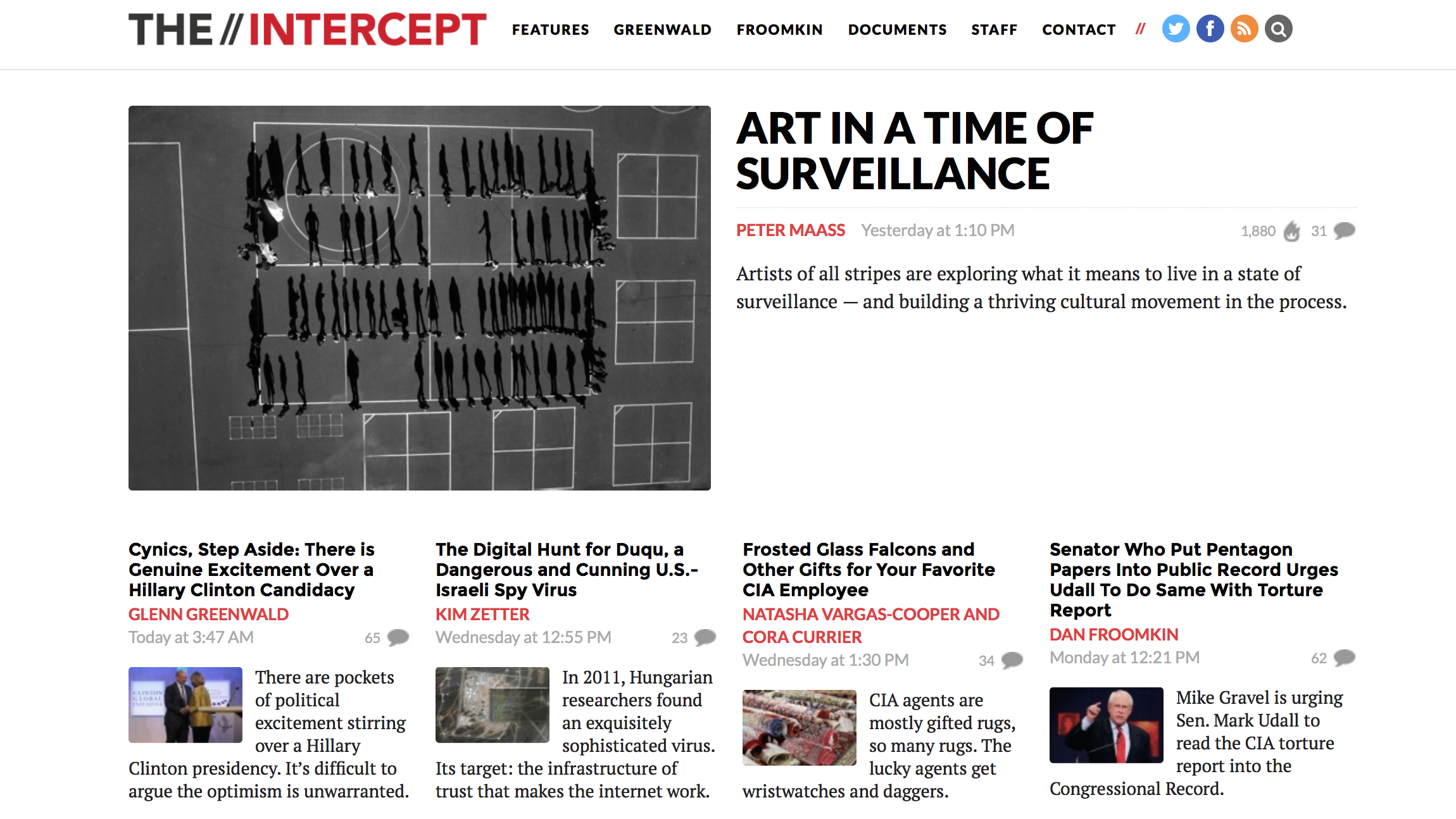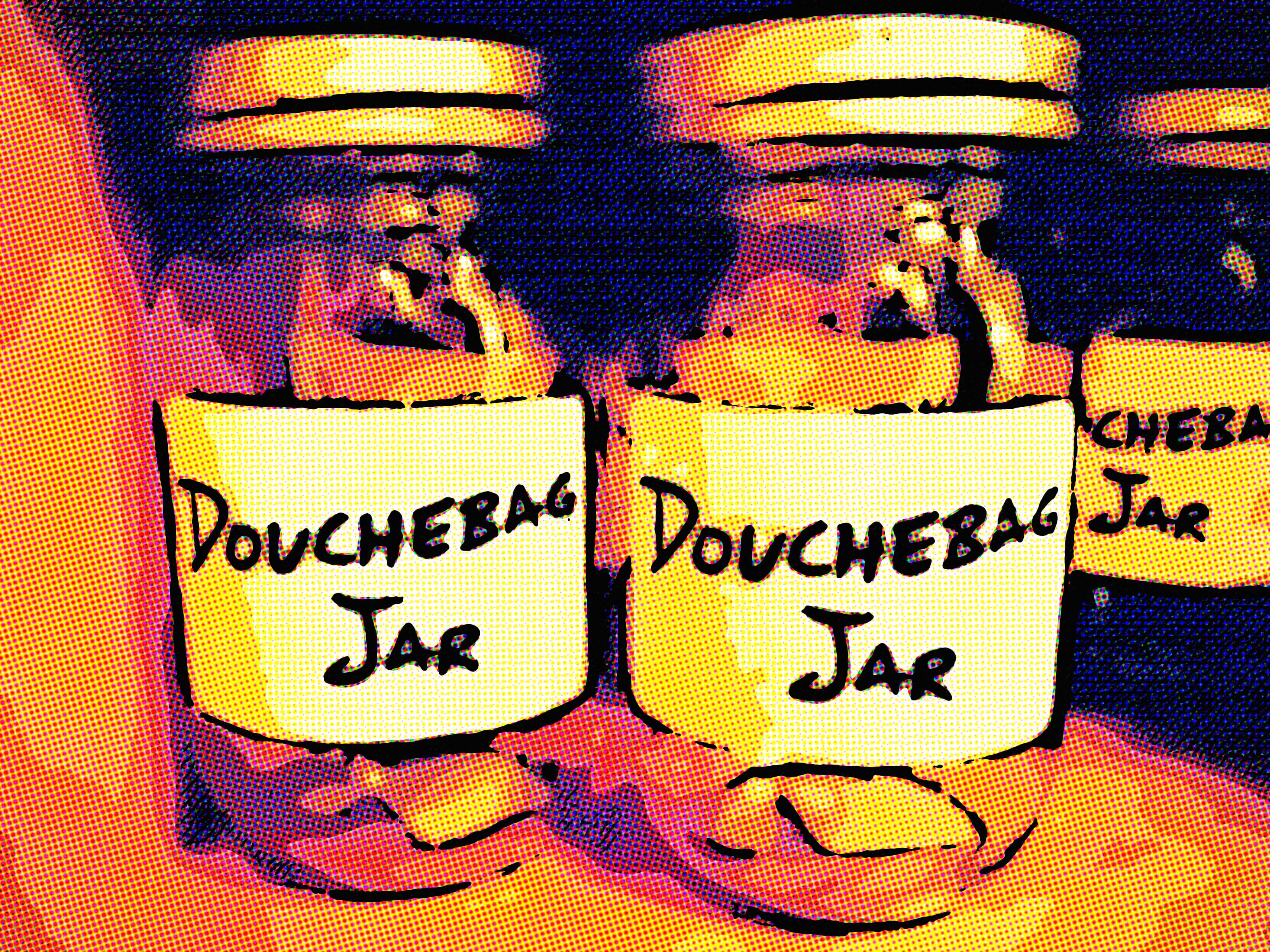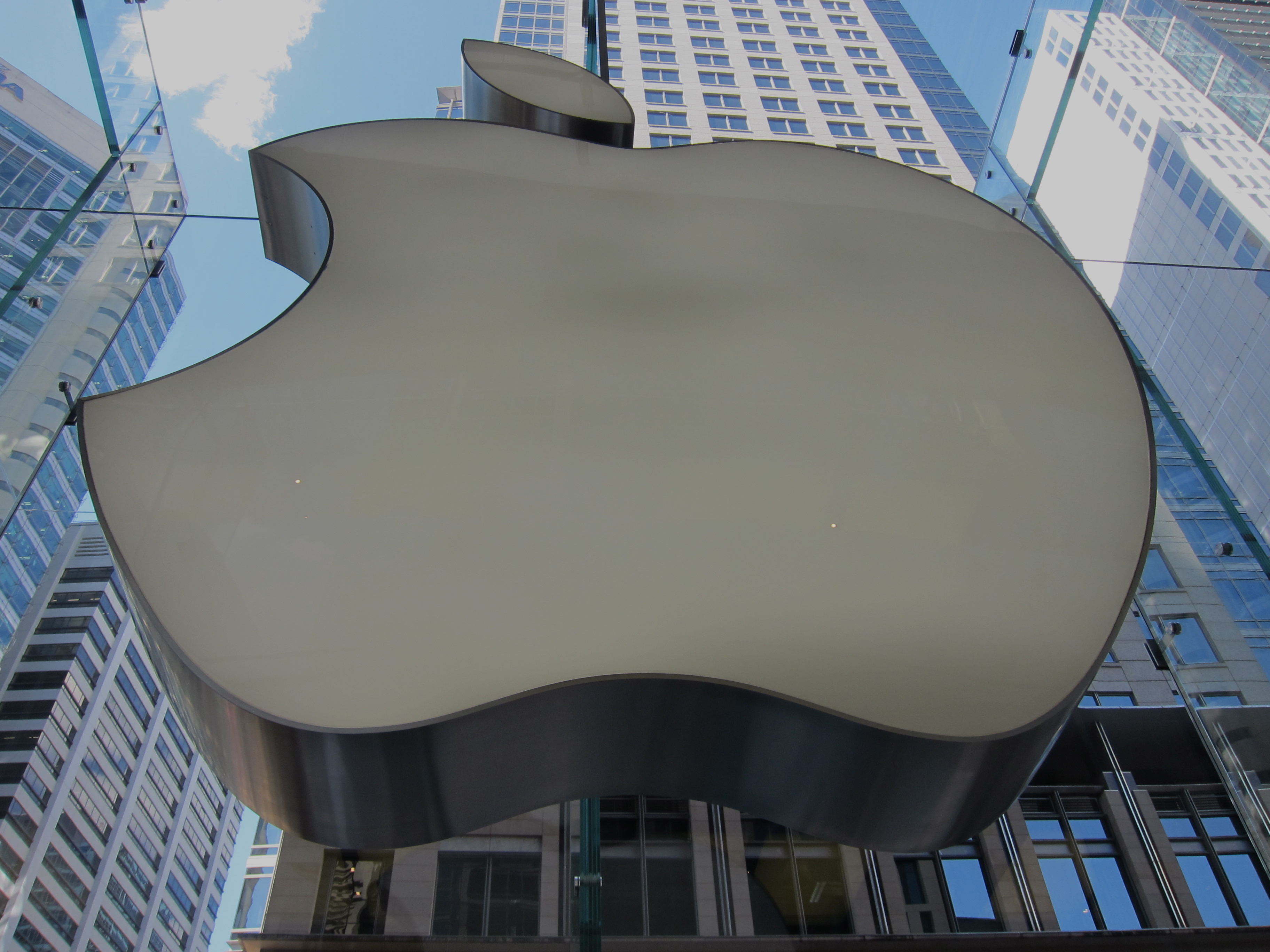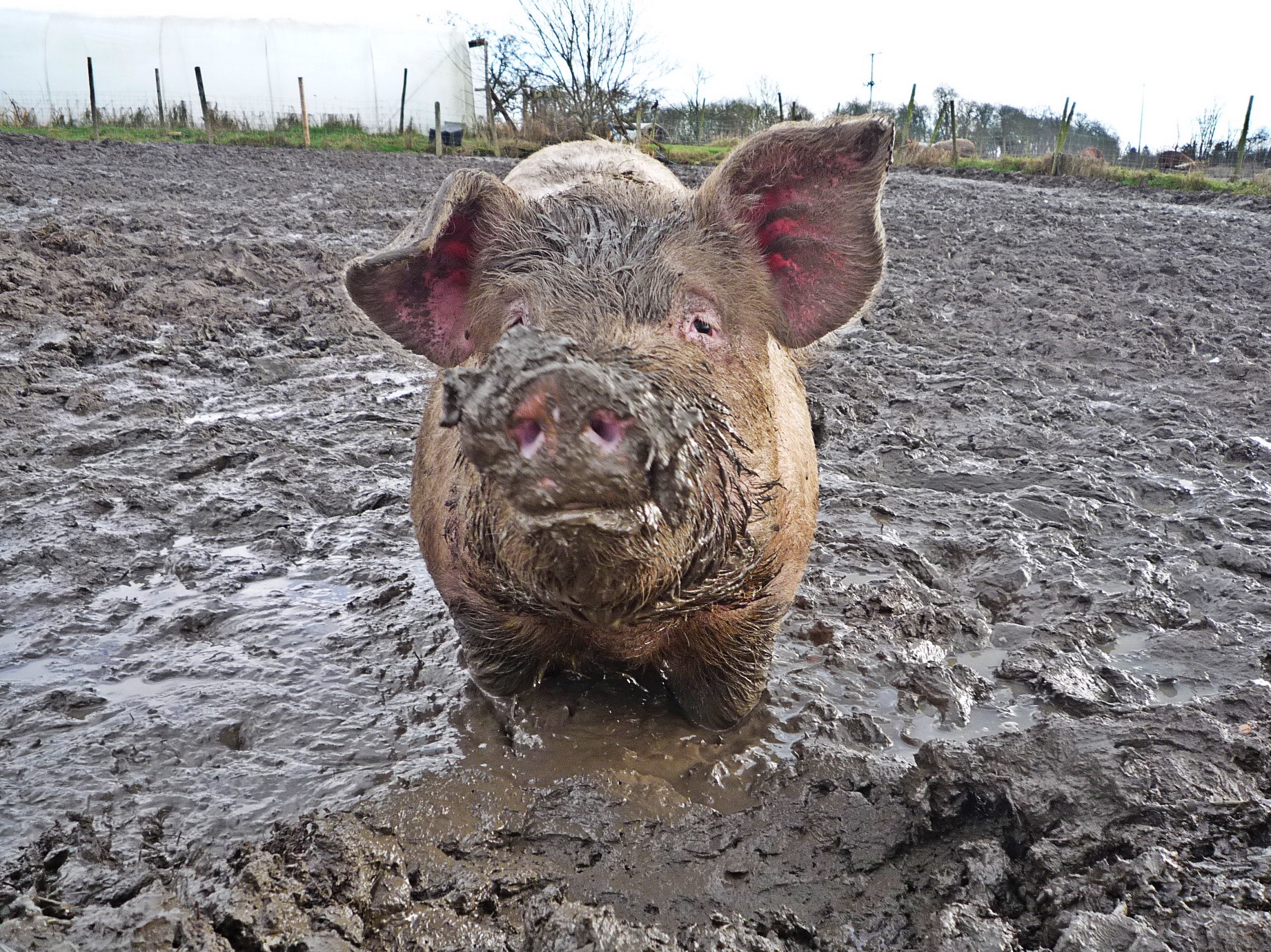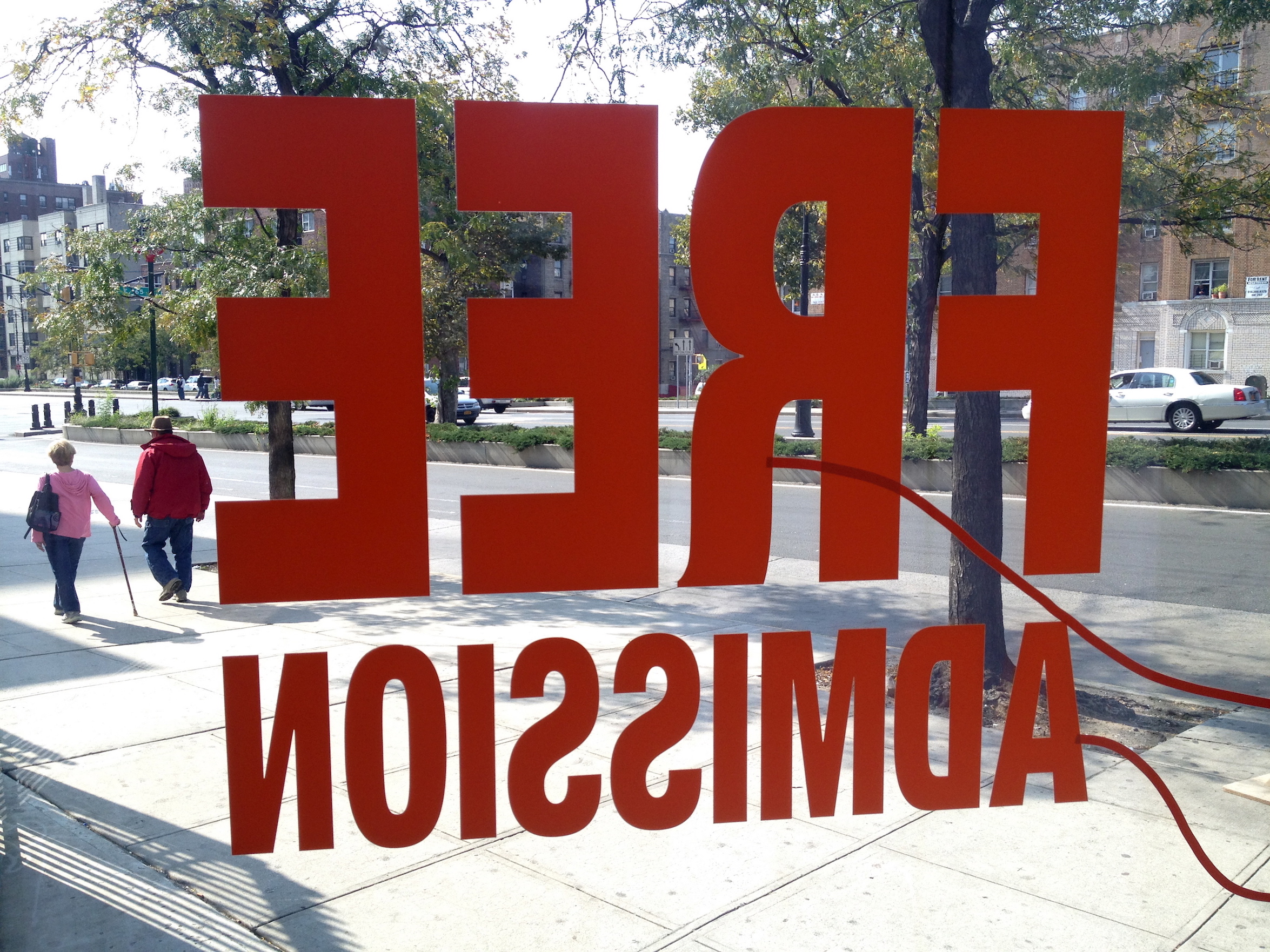Some days you see yourself as a blithering idiot. Add Nov. 19, 2014 to my confessional. While doing my morning routine, before brain fully engages and random synapses fire fleeting inspirations, I stopped cold with chilling realization about the evils of blog or news site B sourcing A—and only A—or visa versa. What if there is unseen, or even hidden, financial benefit, such as sharing advertising networks? In a way, everyone using Google AdSense already meets that criteria. Consider me the dumb-ass (and you wouldn’t be alone) for not making the connection sooner.
I am a longstanding critic of news, or so-called news, sites sourcing someone else’s reporting. My March 2010 diatribe “The Difference Between Blogging and Journalism” is must-read for any news gatherer regarding responsible sourcing. The topic also gets big treatment in my book Responsible Reporting: Field Guide for Bloggers, Journalists, and Other Online News Gatherers. The four year-old post is free and still relevant, so start there.
Mutual financial benefit moves the sourcing problem from reporting ethics to blatant conflict of interest, whether real or perceived.

